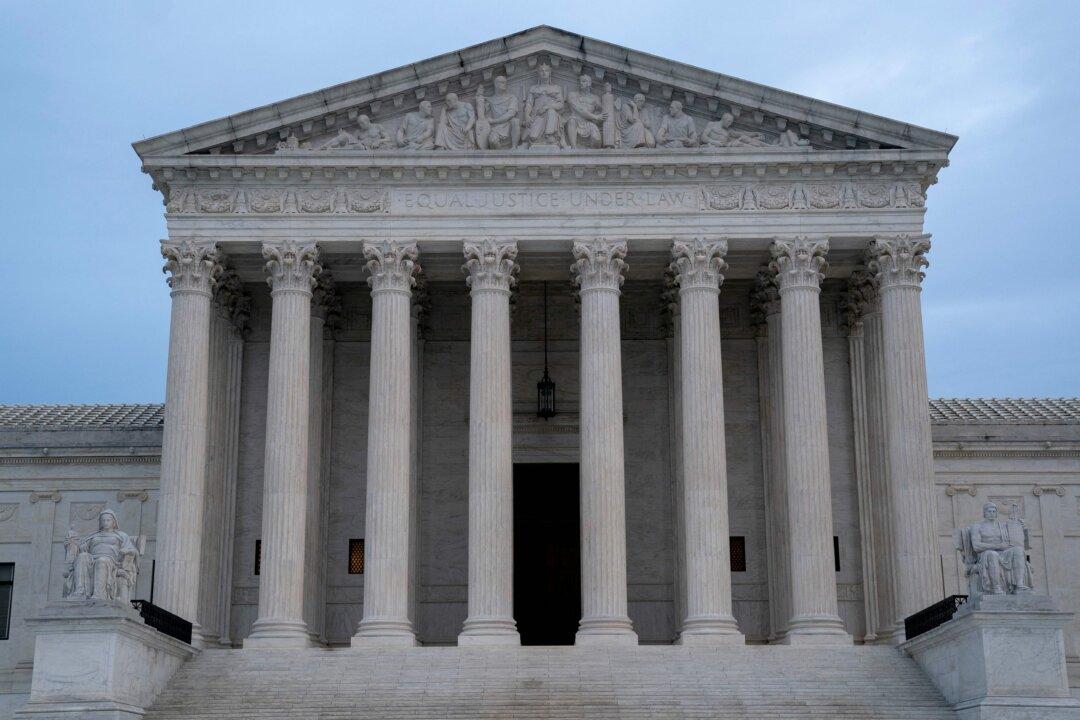The Supreme Court agreed on Dec. 13 to review the case of Adam Samia, who was convicted in a murder-for-hire scheme as a result of another person’s legally questionable confession.
The decision came by way of an unsigned order. The justices didn’t explain why they acted, and no justices dissented from the ruling.





